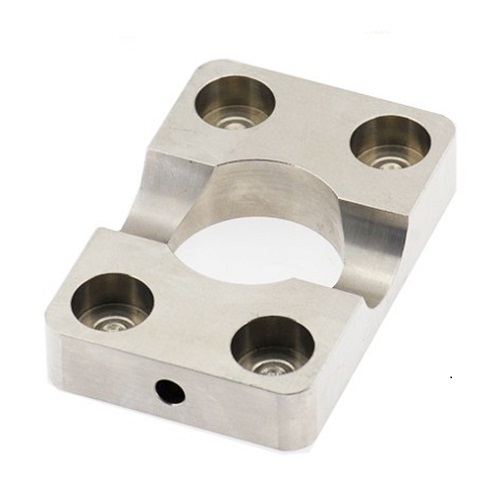The process of manufacturing springs starts with a mechanical spring wire machinery which manufactures springs by coiling, winding or bending the (high) carbon steel or stainless steel wire into the shape. Spring fabrication is an craft that involves specific knowledge in spring making.
We work together with well known and proven manufactures in Vietnam. These companies are both local and foreign owned and have a reliable process and quality system. They produce a wide variety of springs which mostly are hardened in house. Surface treatments like zinc plating, chrome plating, ED coating and powder coating are all possible to apply.
The following spring types can be subcontracted:
-Tension springs
-Torsion springs
-Compression springs
-Auger or Disc springs (mostly used for feeding systems)
-Oil ring springs
-Roll door springs
-Extension coil springs
-Constant force springs




